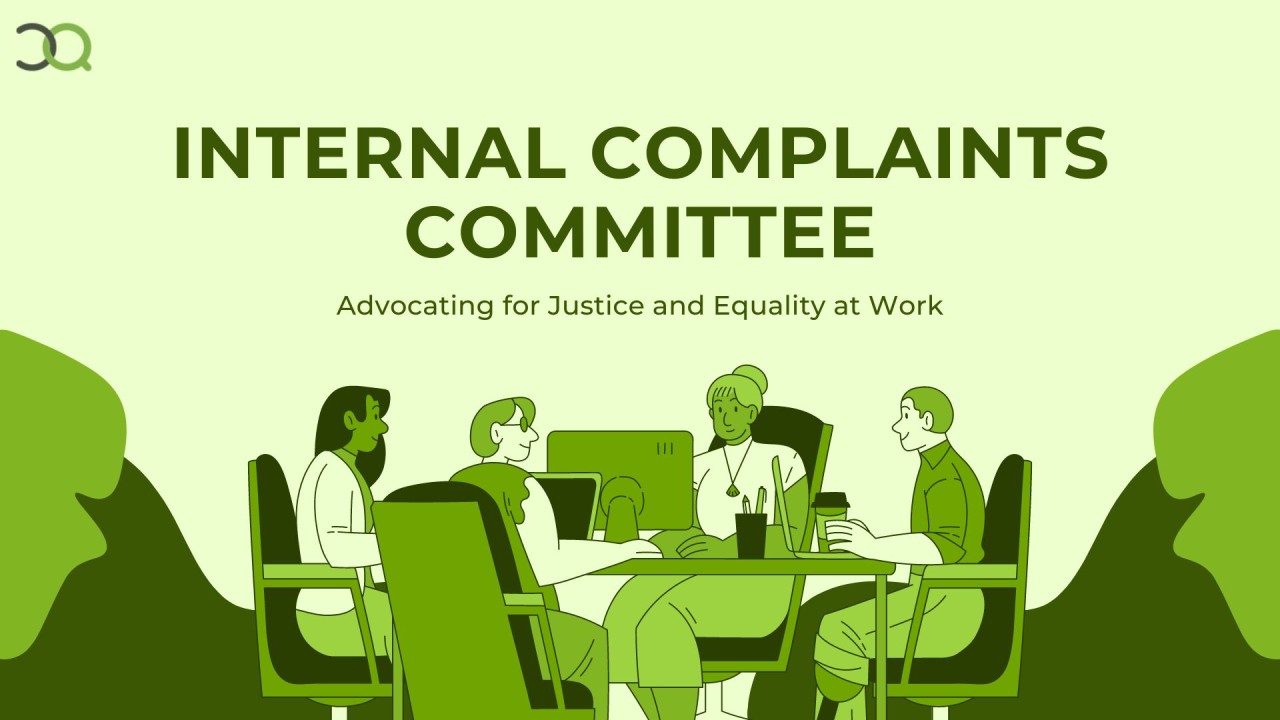Prisons have gradually evolved from mere spaces of confinement and punishment to incorporate principles of rehabilitation, human rights, and the rights of prisoners.
The conditions of prisons and the experiences of prisoners have undergone significant transformations over time, reflecting broader changes in societal attitudes, legal frameworks, and international standards regarding the rights of prisoners.
In India, constitutional guarantees, judicial interventions, and evolving perspectives on justice and reform actively shape how authorities treat prisoners and the conditions of prisons. This overview examines the historical and contemporary aspects of prison conditions, highlighting the progress made and the challenges that remain in ensuring the dignity and rights of prisoners.
Past Conditions and Rights of Prisoners in India
1)Colonial Era (Pre-1947):
Prisons in India during British rule were primarily designed for punishment and deterrence. Overcrowding, poor sanitation, and inadequate food were common issues.
Prisoners were often subjected to hard labor, physical abuse, and inhumane treatment. Moreover, political prisoners faced particularly harsh treatment to suppress dissent. Furthermore, there was no formal legal framework to protect the rights of prisoners; instead, the focus remained on maintaining control rather than rehabilitation.
2)Post-Independence (1947–1980s):
After independence, the Indian Constitution (1950) guaranteed fundamental rights to all citizens, including prisoners, under Article 21 (Right to Life and Personal Liberty). However, despite this progress, prison conditions largely remained unchanged, with overcrowding, poor infrastructure, and a lack of basic amenities persisting.
Moreover, the focus continued to center on retribution rather than rehabilitation. As a result, prison reforms progressed slowly, and the system suffered from corruption, neglect, and a lack of accountability.
3)Judicial Interventions (1980s–2000s):
The judiciary began playing a proactive role in improving prison conditions through landmark judgments.
- In Sunil Batra v. Delhi Administration (1978), the Supreme Court emphasized that prisoners retain their fundamental rights, except those necessarily restricted by incarceration.
Current Conditions of Prisoners
- Reform Movements: In recent decades, there has been a shift towards more humane treatment of prisoners. Consequently, advocacy for rights of prisoners has led to significant reforms. Most of these reforms aimed at improving living conditions, access to healthcare, and educational opportunities.
- Focus on Rehabilitation: Modern prisons often emphasize rehabilitation over punishment. They now commonly implement programs aimed at skill development, mental health support, and substance abuse treatment. These initiatives help prisoners reintegrate into society upon release.
- Legal Protections: There are now more legal protections in place for prisoners’ rights. International standards advocate for the humane treatment of inmates. It ensures they are treated with dignity and respect.
- Health Impact: Research indicates that incarceration can lead to long-term health issues, including chronic diseases that persist even after release. This has prompted discussions about the need for better healthcare services within prisons.
In Summary, While past conditions were marked by harsh treatment and neglect, current efforts focus on rehabilitation and humane treatment. Although challenges remain in ensuring these standards are met consistently across different prison system.
However there are certain rights provided to them :
- Right to Equality (Article 14) Prisoners are entitled to equal protection under the law. They cannot be discriminated against based on caste or other arbitrary classifications. The Court has mandated that prison rules must not perpetuate caste-based segregation.
- Right to Legal Aid and Fair Trial: It has been emphasized by the court that the prisoners have the right to legal representation and a fair trial. It ensures that the prisoners are not deprived of their legal rights.
- Right Against Cruel and Inhumane Treatment: The Court has ruled against any form of torture or degrading treatment. It also reinforced that the prisoners should not be subjected to corporal punishment or inhumane conditions.
- Right to Live with Dignity (Article 21) This encompasses various rights, including access to basic necessities like food and healthcare, as well as protection from solitary confinement and bar fetters, which the Court has deemed degrading.
- Right Against Custodial Violence: The need to protect prisoners from violence while in custody, including physical abuse and custodial deaths is also recognised by the Supreme Court.
- Right to Communicate: Prisoners have the right to communicate with their family and legal representatives. This ensures that they maintain connections.
*Key Cases Related to Prisoners Rights.
1) K.S. Puttaswamy vs. Union of India (2017) : This landmark ruling by the Supreme Court of India recognized the right to privacy as a fundamental right. Although not directly about prisoners, it has implications for the incarcerated.
2)Kharak Singh vs. State of Uttar Pradesh (1964) : This case involved the issue of police surveillance and the right to privacy. The Supreme Court ruled that the right to privacy extends to prisoners as well.
3)Maneka Gandhi vs. Union of India (1978) : This case established that any law affecting personal liberty must be just, fair, and reasonable. It set a precedent for protecting individual rights. It protected prisoners too, against arbitrary state action.
4)Sunil Batra vs. Delhi Administration (1978) : The Supreme Court addressed the inhumane treatment of prisoners. It emphasized that prisoners do not lose their fundamental rights upon incarceration. The court ruled against cruel and degrading treatment.
These rulings reflect a commitment to uphold the fundamental rights of prisoners. Incarceration does not strip individuals of their human dignity.
If incase you need any legal assistance you can now try our AI Legal Advisor.



